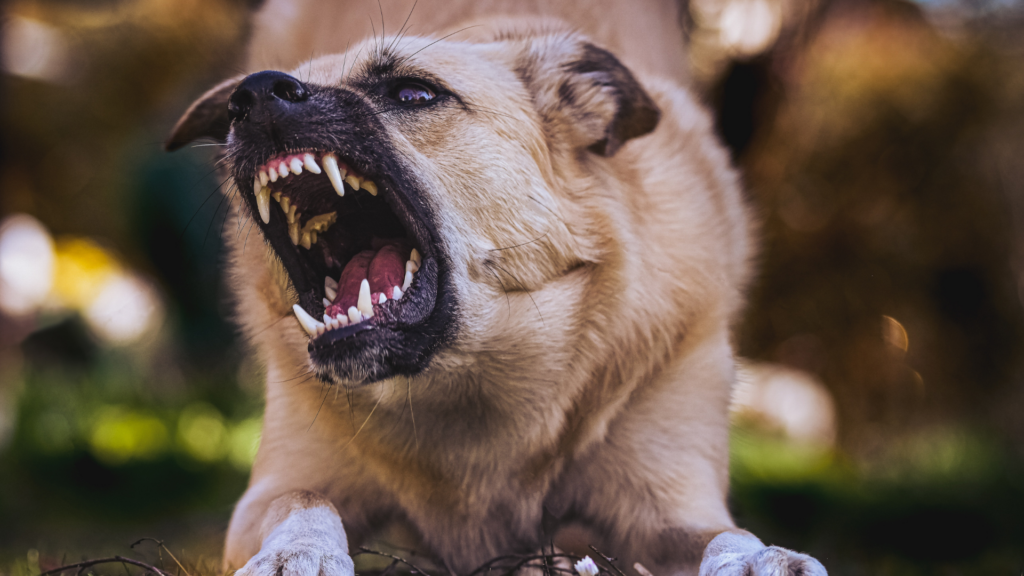
| FIle photo
CEBU CITY, Philippines – Getting bitten by a dog or a cat can be a scary experience, but knowing how to respond can greatly impact your health outcomes.
According to Dr. Alice Utlang, the Cebu City veterinarian, the first thing to is to immediately wash the wound with soap and flowing water. This helps remove saliva that could potentially contain the rabies virus.
After washing the wound, apply an antiseptic like alcohol or Betadine to reduce the risk of infection. Then, monitor the wound closely for any changes and seek medical help if you begin to notice symptoms of rabies.
READ: First aid for animal bites: Rabies shots not garlic
“Dili butangan ug suka ug ahos. Another thing kung unsay porma, kay naa may uban napaakan na sa iro pisliton ug ayo unya pikpikon inig dayon hugas, sayop na,” she said.
Utlang added, “Kay ug imo na buhaton imbis wa pa kasud ang virus, mosud na nuon. Naay pangutana ug magpa anti-tetanus, depende na sa kay ug lawm na ang paak mag tetanus gyud ka.”
READ: Rabies cases surge by 50% in Cebu City
When to seek medical attention?
The location of the bite is crucial. If you were bitten on the head, face, neck, or near vital areas, Utlang advised seeking medical attention right away. These areas are considered high-risk for transmitting infections, including rabies.
READ: Central Visayas logs 19 suspected rabies-related deaths
She added that the need for a rabies vaccine would also depend on the location of the animal bite. If the bite was in a high-risk area, such as near the head, immediate vaccination is recommended.
READ: Cebu City Veterinary will no longer impound healthy stray dogs
For bites on other parts of the body, observing the animal for signs of illness may be sufficient, initially.
Utlang said that if an animal has rabies, it typically shows symptoms in the next five to seven days as the virus affects their ability to eat and breathe.
Be cautious
Rabies is primarily transmitted through the saliva of infected dogs or cats. If one is scratched by an animal that did not show signs of rabies at the time, immediate vaccination is usually not necessary, Utlang said.
However, it’s important to be cautious and consider vaccination for peace of mind.
“Dili necessary…Og makawrasan ka sa area imo gyud na i-oberve ug five to seven days gihapon. Pero 99% wala gyud na,” she said.
Utlang further stressed the need to keep pets vaccinated against rabies.
And if you’re aware that a dog or cat has recently given birth, take extra precautions as mother animals can be very protective of their young.